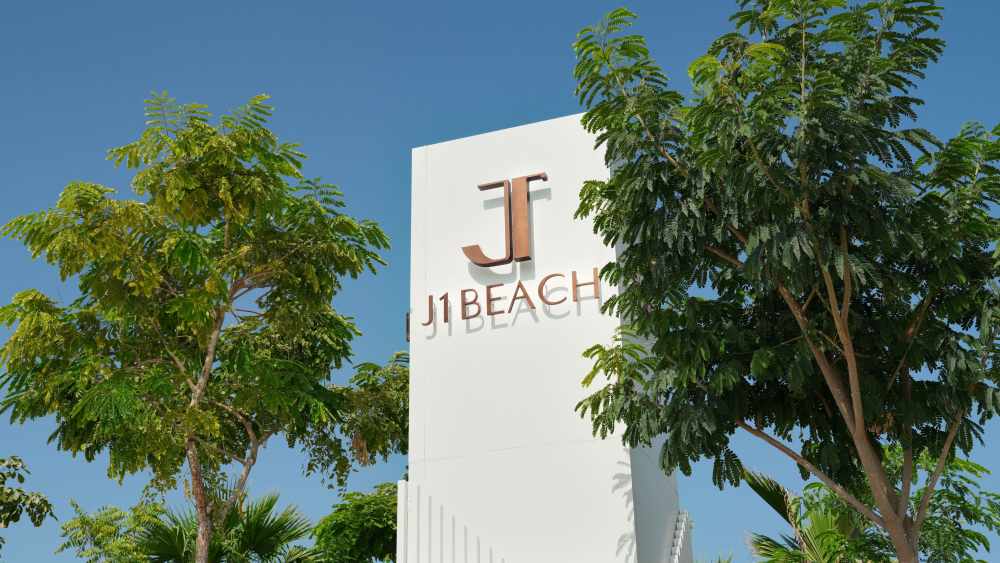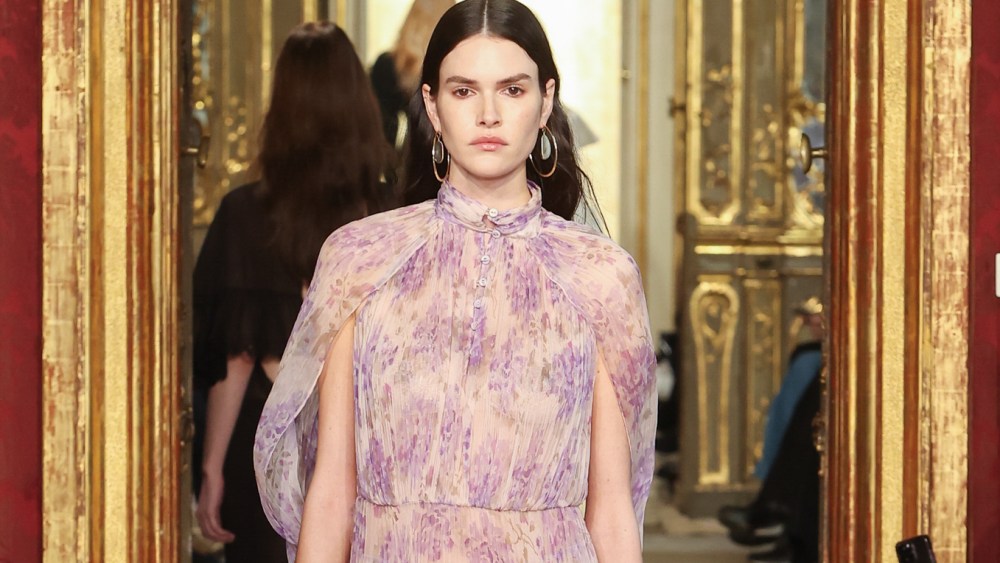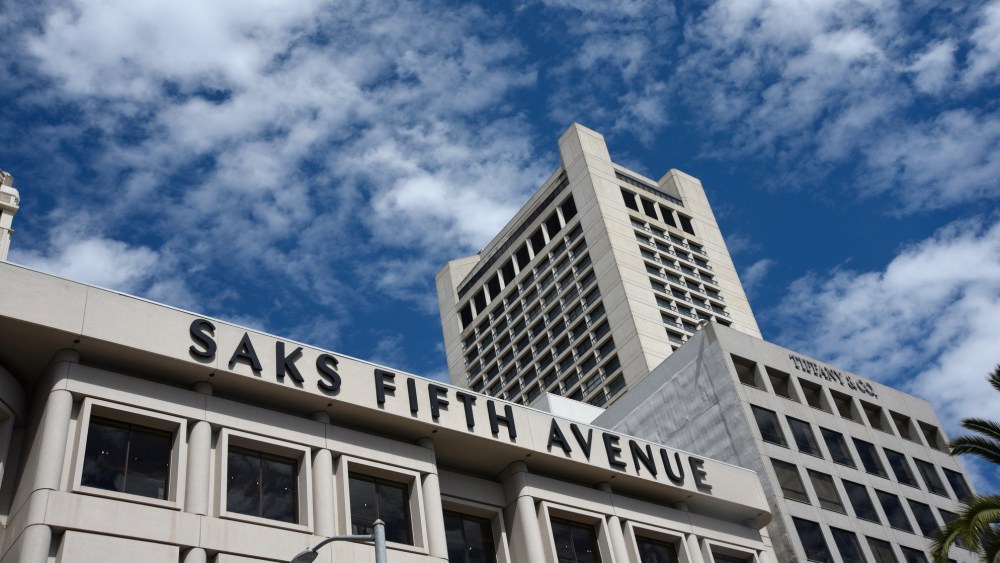DUBAI — In a bold transformation of one of the Middle East’s prime beachfronts, Merex Investment has unveiled J1 Beach, a seaside development of 13 ultra-premium venues that reads like a global directory of the world’s most coveted restaurant brands, from Saint-Tropez to Tulum. The ambitious project, which soft-launched this fall, aims to elevate the pristine half-mile coastal strip into a global lifestyle destination.
J1 Beach represents a strategic pivot in Dubai’s luxury positioning, signaling the emirate’s evolving approach to high-end hospitality. Rather than chase the bigger-is-better mantra that defined the emirate’s early real estate development projects, J1 Beach embraces a more understated philosophy: less is more, but make it exceptional.
“We really wanted to simplify this and do something quite premium and sophisticated,” explained Shahram Shamsaee, chief executive officer of Merex Investment. “Given the prime real estate location, we understood it deserves a development that matches that caliber.”
You May Also Like
The transformation of the area is dramatic — where once stood 160 restaurants, food trucks and vendors dotting the beachfront now stands a curated roster of just 13 luxury venues, each chosen to create what the developer envisions as Dubai’s answer to the French Riviera.

The list of vendors includes some of the world’s most celebrated hospitality concepts. Miami’s jungle-inspired Bâoli, Tulum’s bohemian Gitano, and the Michelin-awarded Sakhalin all bring their distinctive offerings to Dubai’s shores. Meanwhile, the legendary African Queen from the French Riviera adds historic cachet to the mix, making its first foray into the Middle Eastern market.
The project also introduces a new level of exclusivity to Dubai’s beachfront scene through venues like Chouchou, an elite beach house member’s club. While maintaining a public-facing restaurant, the club offers members access to private beaches, pool lounges, and rooftop terraces.

The project speaks to luxury consumers’ growing desire for integrated experiences rather than stand-alone dining destinations. This balance is exemplified by Gigi Rigolatto, a sprawling Italian concept beach club that brings together fine dining, lifestyle and retail. The venue features a Mediterranean garden, private beach, pool, and a concept store with a selection of more than 40 international brands, from swimwear, beachwear and accessories to household items, beauty products and jewelry.
Rizwan Kassim, founder and CEO of Rikas Hospitality Group, said the location is very important for the group, which is one of the leading hospitality companies in the region.
“J1 is a strategic location in the heart of Dubai,” he said. “Just as DIFC serves as a hub for evening restaurants, J1 is the new hub for beach restaurants. As a key player in hospitality in Dubai, it was unimaginable that we would not be part of it.”
Rikas has both Gigi Rigolatto and Ninive by the Beach, which brings more traditional Arabian hospitality to the project.
Dubai’s quest for superlatives has not totally diminished. The crown jewel of the project is Sirene by Gaia, set to open in early January. It will claim the title of world’s largest beach club at nearly 100,000 square feet. The project is helmed by Dubai’s celebrated chef Izu Ani, and shows its commitment to blending scale with sophistication.
In a notable departure from typical beachfront developments, J1 Beach has placed particular emphasis on year-round comfort — a crucial consideration in Dubai’s challenging climate in the summer months. “We’ve really focused on making it comfortable for the customer to come here, even in the summer,” Shamsaee noted.

The arrival experience is particularly important.
“We’ve really focused on making it comfortable for the customer to come here, even in the summer. We provide valet parking, underground garages, and direct access to the venues so they don’t have to walk far.”
This attention to detail extends to addressing Dubai’s hot weather through thoughtful design elements like shaded seating areas and strategic venue placement. Shamsaee said the type of tourists who come during the summer months to Dubai are less from Europe and more from neighboring Gulf countries, who value a luxury hospitality experience but might forgo the beach and pool. He also noted that, even in the hotter summer months, night time venues remain popular.

The transformation of J1 Beach comes at a pivotal moment for Dubai’s luxury sector. Despite global economic uncertainties, the emirate continues to attract significant investment in ultra-premium developments.
“We want this to be something the city can be proud of, a real destination that enhances the area,” Shamsaee said. “It’s going to be a great change that I think will stand the test of time and competition.”



